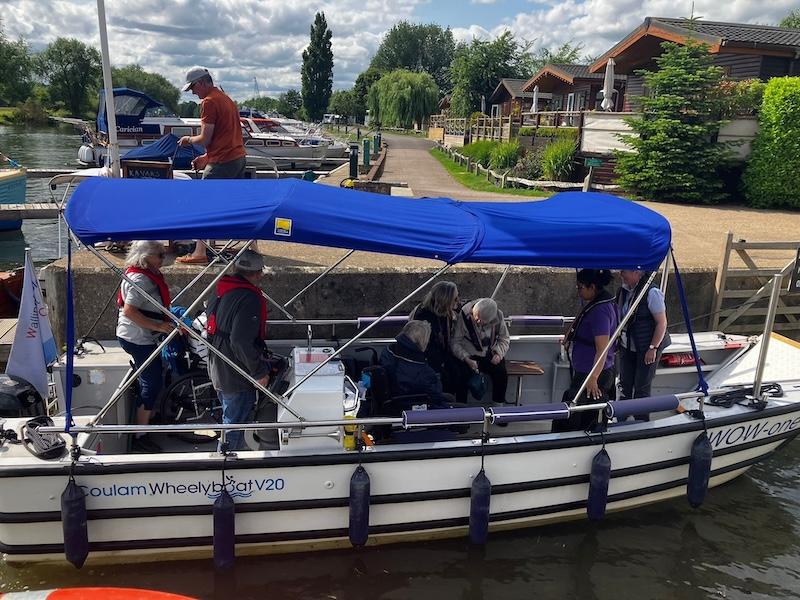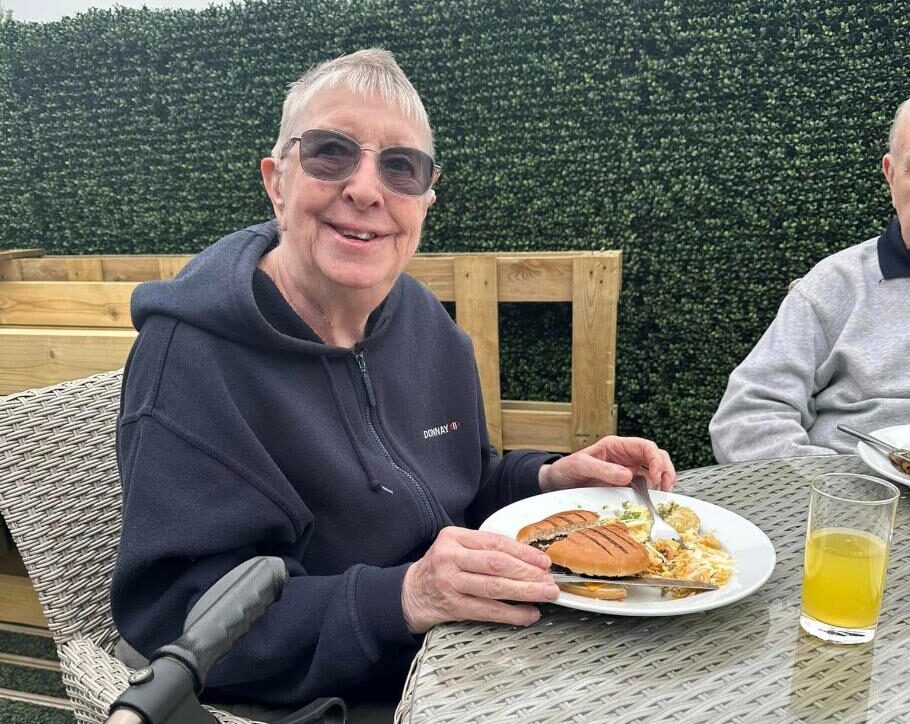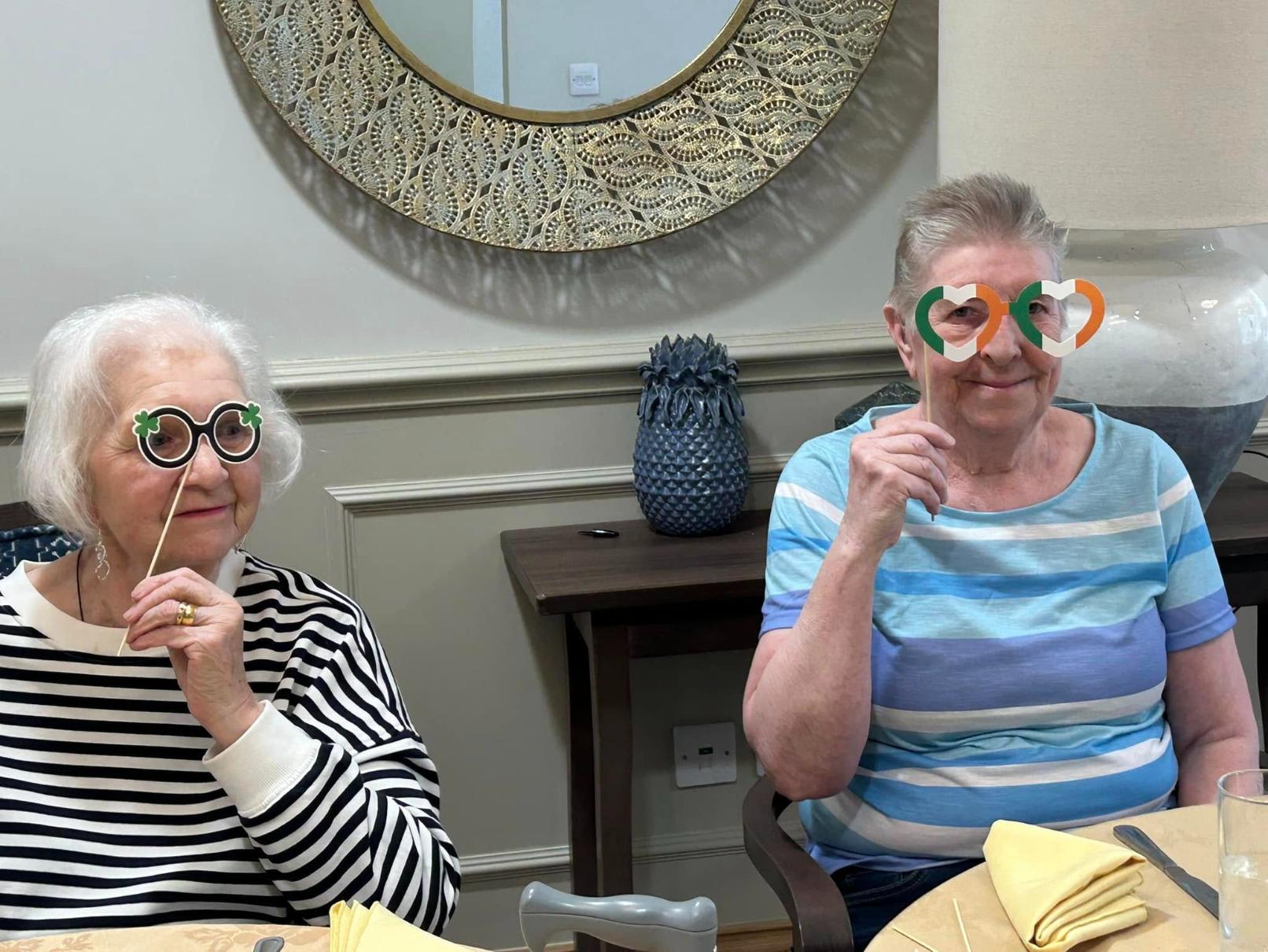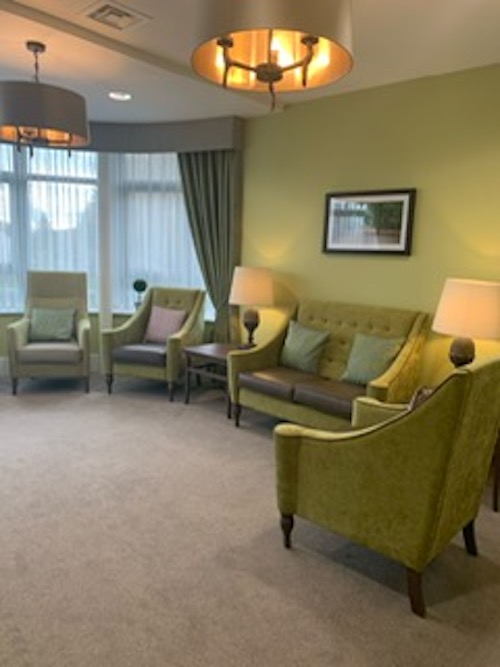5 Dementia Friendly Activities for Summer 2024

With the number of people living with dementia progressively increasing per year, it is important to understand how they can be supported within a care home. As the warmer weather approaches, there are a range of new activities that can be incorporated throughout a full activities programme and in this blog we will describe 5 different dementia-friendly activities that can be introduced into the care home this summer.
What is Dementia?
Dementia is a long-term condition that affects millions of people worldwide and over 994,000 in the UK, impacting a variety of their daily functions. It's important to know that dementia isn't a single condition with one definition. Instead, it is a term used to describe a group of symptoms associated with the decline in memory or other cognitive skills enough to reduce a person's ability to perform everyday activities. It is caused by damage to nerve cells in the brain, affecting communication between brain cells and disrupting cognitive function. Diagnosing dementia as early as possible is essential, as it allows you to be able to find a care home that provides them with not only high-quality care but a safe and supportive environment too.

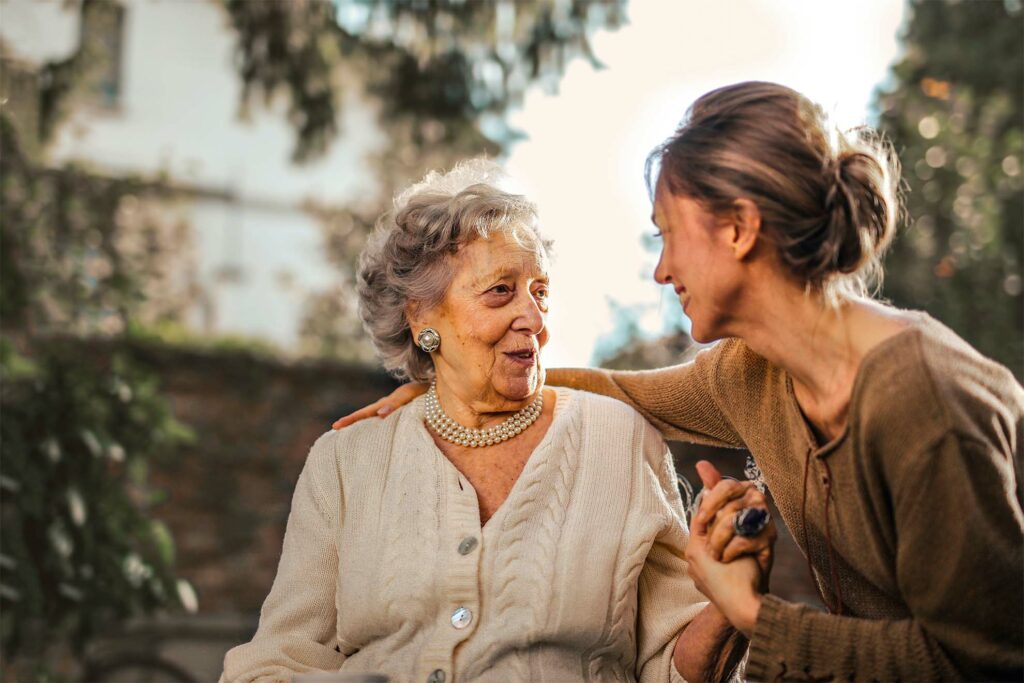

What Are the Different Types of Dementia?
One common misconception is that there is only one type of dementia. Whilst Alzheimer's is the most commonly known type of dementia, many others also need to be considered.
Alzheimer's Disease
Alzheimer's is the most common type of dementia, accounting for 60-70% of cases. Side effects typically begin with mild memory loss and progress to difficulties with speaking, decision-making, and eventually, the ability to carry out daily tasks.
Vascular Dementia
Vascular dementia occurs when the brain's blood supply is reduced due to blood vessel damage or blockage. Symptoms can vary depending on the part of the brain affected but often include difficulties with planning, reasoning, and judgment.
Frontotemporal Dementia
Frontotemporal dementia primarily affects the frontal and temporal lobes of the brain, leading to changes in personality, behaviour, and language. This will often occur at a younger age compared to other forms of dementia.
Lewy body Dementia
Lewy body dementia is described through the presence of abnormal protein deposits (Lewy bodies) in the brain. Side effects of this can include decreased focus times, delusions, and difficulties with moving around.
Mixed Dementia
Mixed dementia refers to a combination of two or more types of dementia, often Alzheimer's disease and vascular dementia. The person living with mixed dementia will typically experience a combination of symptoms associated with each type.
How Can Residents Receiving Dementia Care be Supported in a Care Home?
In a care home, supporting residents with dementia involves creating a safe and supportive environment that promotes independence, dignity, and quality of life. There are many ways in which this can be achieved, one includes creating tailored care plans that outline the needs and preferences of residents, allowing the care experts to provide person-centred care around the clock. Another example is ensuring the care home is altered and equipped to suit their needs. This may include having contrasting colours of furniture, large signs, wider doorways and the ability to personalise their bedrooms. This will reduce confusion for the residents and ensure they are kept safe at all times.
It is essential that specialised training is offered to staff members providing care to people with dementia so that they can fully understand the condition and alter their care based on a wide range of needs and preferences. Team members will also become a support system to those living with dementia so it is important to consistently show not only the resident but their loved ones patience and support throughout their journey.
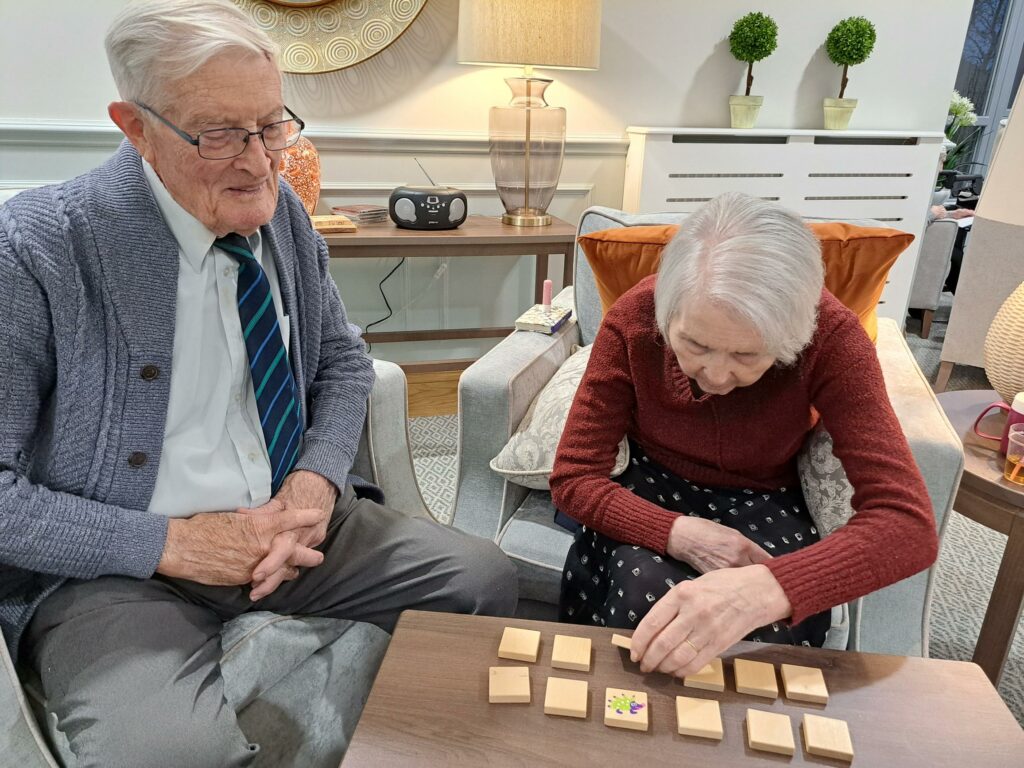
5 Summer Activities to Offer Dementia Residents in 2024
It is important when planning tasks to not offer activities that are overly stimulating for residents receiving dementia care. Instead, look to incorporate activities that encourage reminiscence and evoke memories. Here are our top 5 summer activities to introduce into the care home:
Outdoor Exploring
One popular dementia-friendly activity includes outdoor exploring. This may be going for a walk around the local park or doing some bird watching, it provides residents with fresh air in the warm weather and promotes physical activity through the use of gentle exercise. You could even choose to make it a day activity and take a picnic with you. Research shows that exercising has a positive impact on the overall well-being of residents, and spending time in the local park or looking out for their favourite parts of nature will be a fun activity this summer.
Games Evenings
The second summer activity we recommend introducing this year as the evenings get lighter is games evenings. This could include different activities such as a quiz, bingo, singing and dancing or board games. Hosting these games evenings for residents can decrease the rate at which their dementia declines and increase cognitive functions and social skills. You could also invite family members along and turn it into an event at your care home. This allows residents to spend time with their friends and family, listen to their favourite songs and continue to create fond memories.
Arts and Crafts
Arts and crafts is an activity that can be carried out at any time of year, but the amount that can be made increases hugely and you could choose to hold the sessions in the garden if the weather permits. Some examples of activities could include making bird feeders, doing finger painting, making memory boxes or creating summer bunting to go around the garden. Each of these will provide those living with dementia with a chance to work on their hand-eye coordination and a sense of purpose and accomplishment.
Pet Therapy
Pet therapy sessions give residents the chance to interact with a variety of trained animals who offer companionship and emotional support. Interacting with animals has been shown to have numerous benefits for people with dementia, including reducing anxiety, depression, and agitation. This may provide them with opportunities to engage with animals they have never encountered before which would be a great story for them to tell later.
Gardening
The last dementia-friendly activity we would recommend introducing into your activities programme this summer is gardening. Whether it's planting flowers, tending to vegetable patches, or watering plants, gardening provides sensory stimulation and a sense of purpose and connection to the natural world. It also allows them to watch their plants grow in the garden and show off their work to loved ones when they visit.
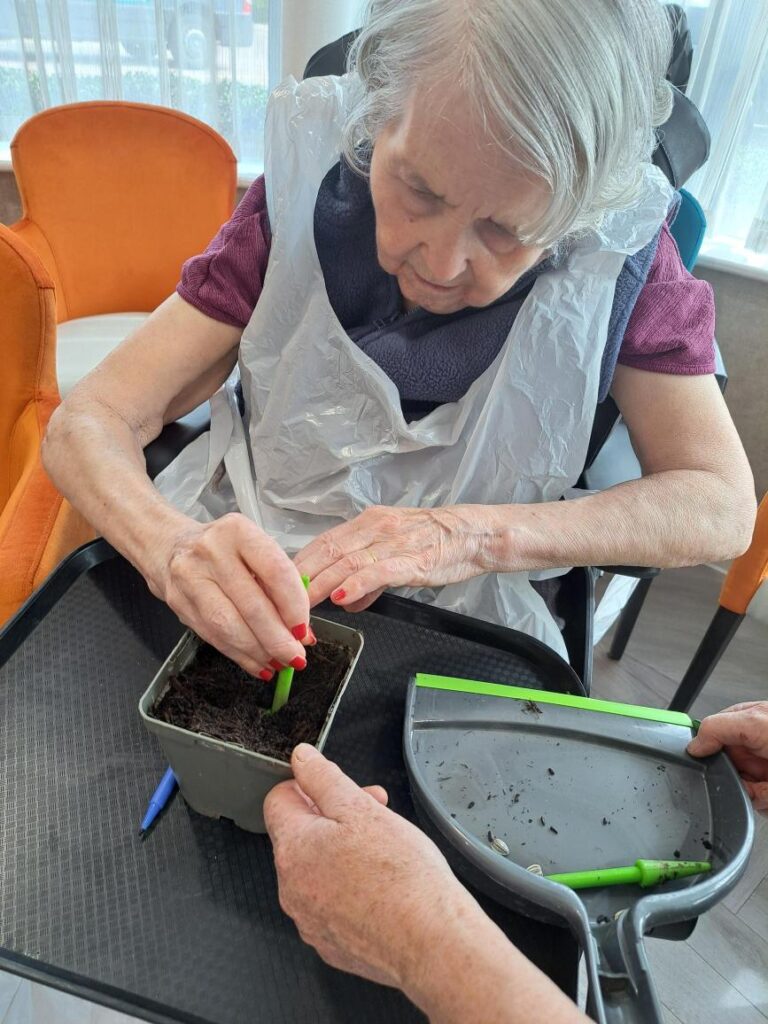

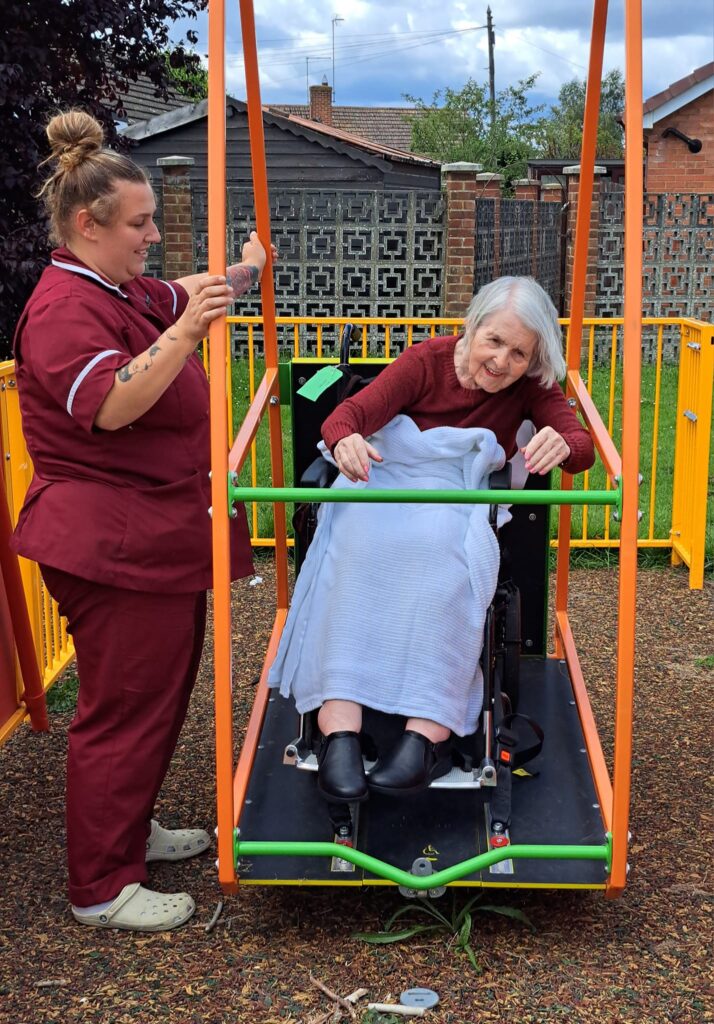
Dementia Care at Valerian Court Care Home
At Valerian Court Care Home, we understand the unique needs of residents living with dementia. Our person-centred approach to care ensures that each resident receives care and support tailored to their preferences. Our activities are specifically designed to suit our dementia residents and improve their overall mood and well-being. We are proud to have a dedicated and highly skilled team who have undergone thorough training to ensure they are comfortable and confident when dealing with all variations of dementia whether you are at the earlier or later stages.
At our all-inclusive care home in Oxfordshire, we offer first-class dementia care in Didcot as well as residential care, nursing care, respite care and palliative care. All residents also have full access to our in-house facilities such as our hair salon & treatment room, cafe, rooftop gardens and cinema room included in their weekly fees.
Explore Our Care Home For Yourselves
Book a tour around our private care home today and check out our wonderful facilities and amenities for yourselves. However, if you have any further questions regarding our dementia care services, our full activities programme or anything else please get in touch with our lovely team today.

